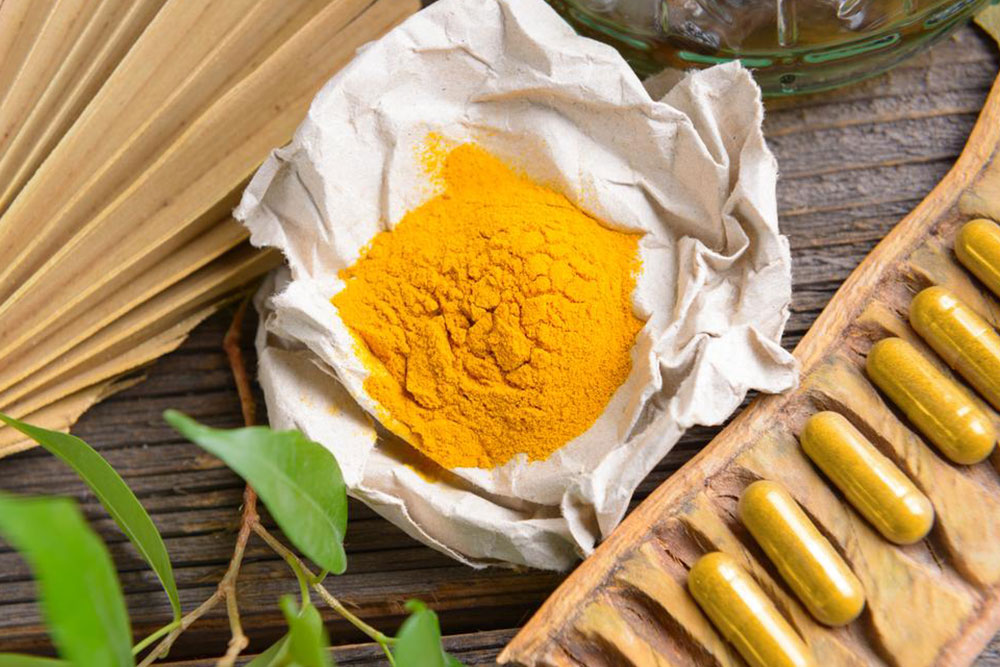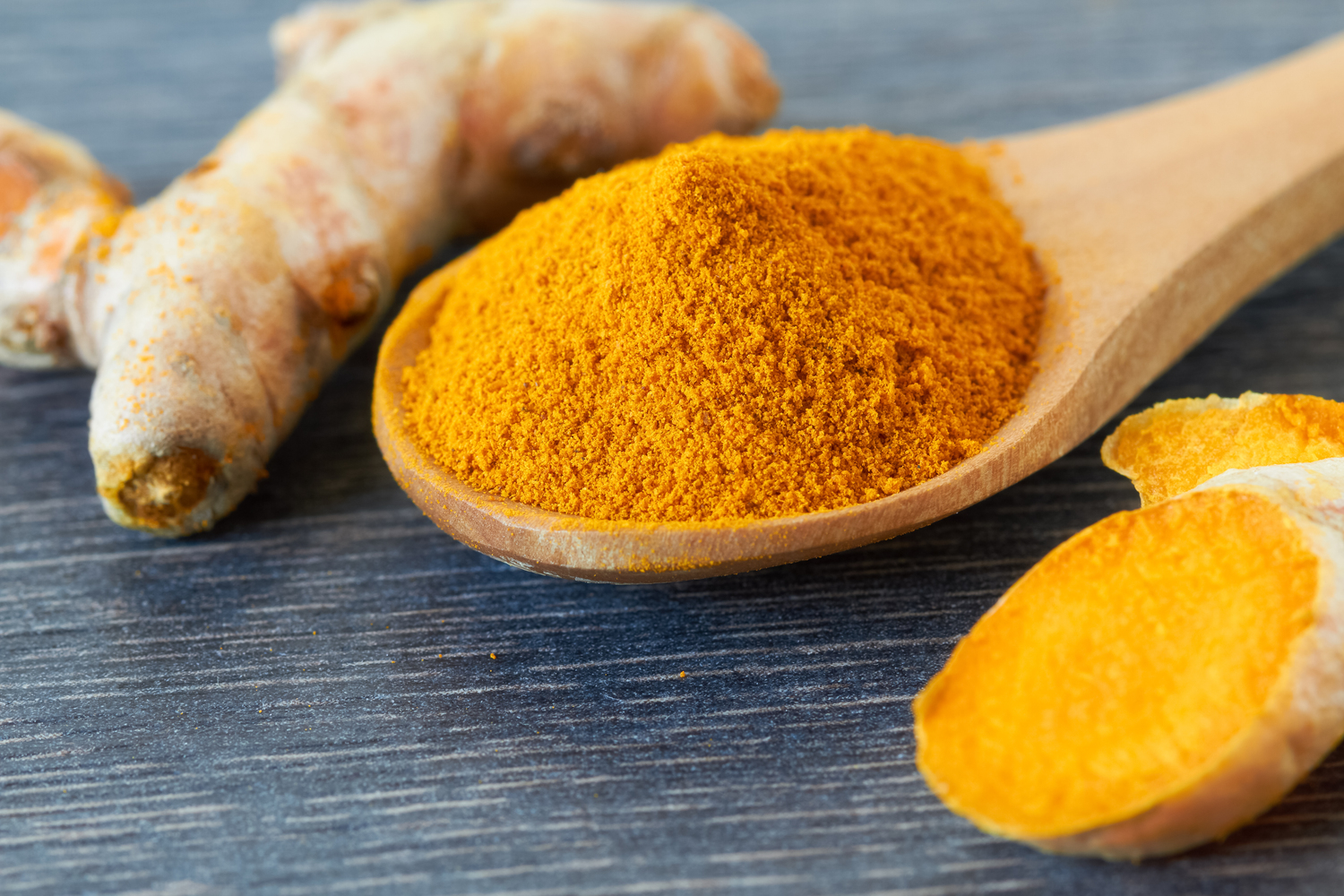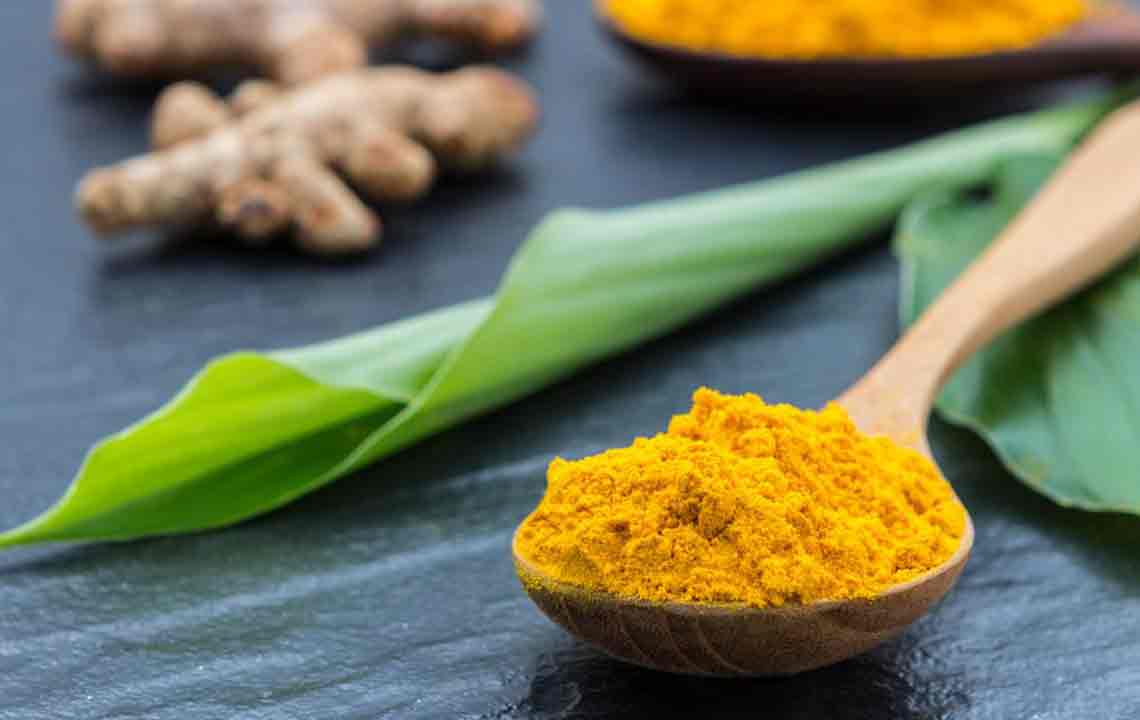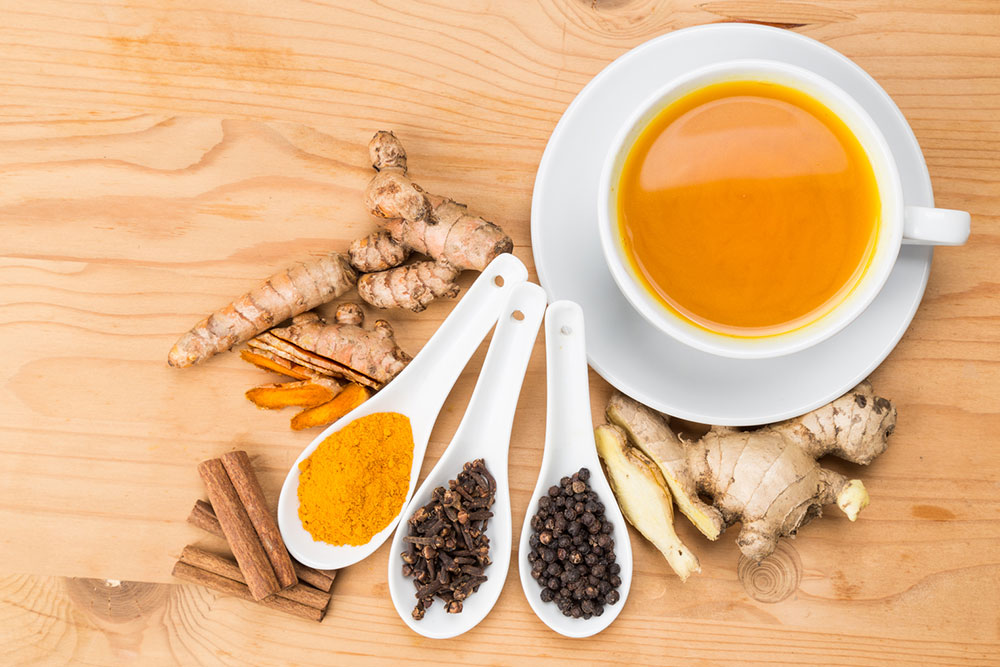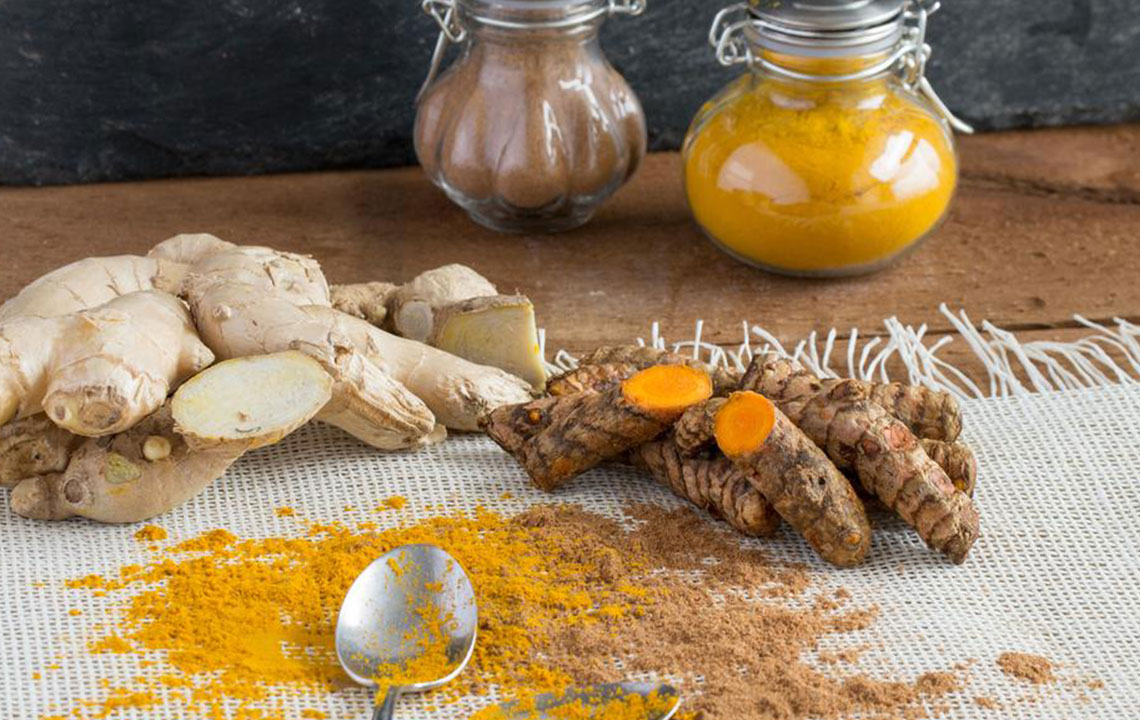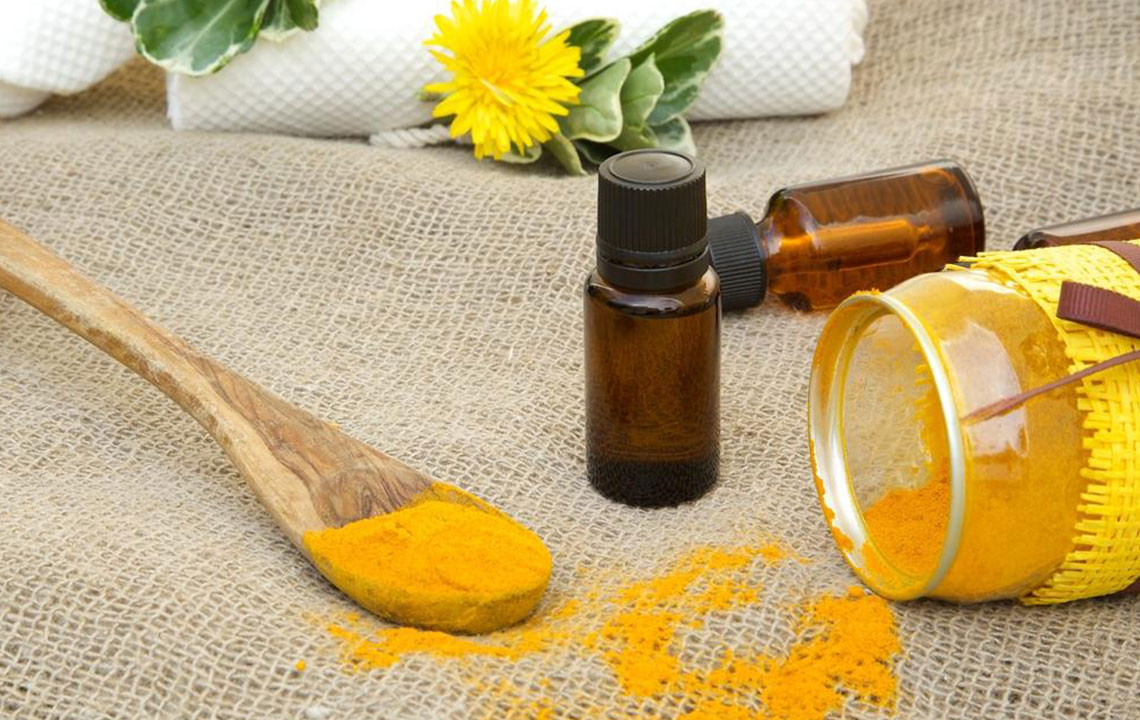Comprehensive Guide to Turmeric Supplements: Health Benefits, Uses, and Safety Precautions
This comprehensive guide explores the numerous health benefits of turmeric supplements, including their anti-inflammatory and antioxidant properties, and discusses their traditional uses in medicine. It also provides essential safety precautions and recommendations for safe consumption, making it a valuable resource for anyone interested in harnessing turmeric's therapeutic potential. Whether for joint health, cancer prevention, or immune support, turmeric supplements offer versatile health benefits backed by scientific research.
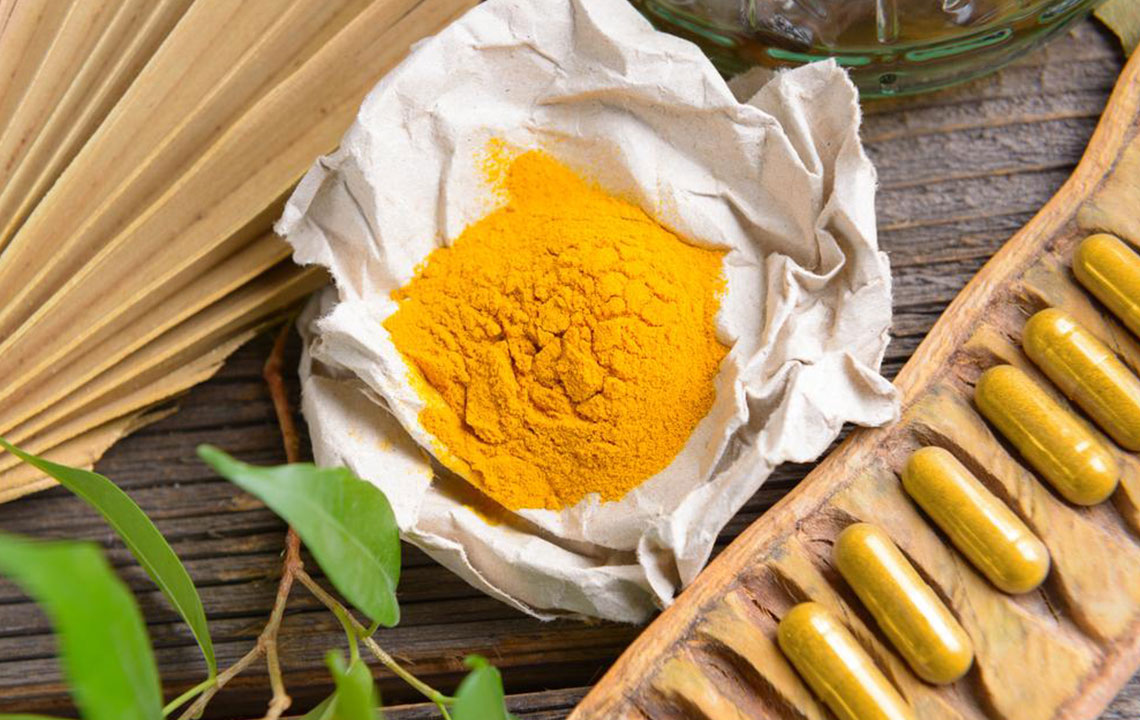
Comprehensive Guide to Turmeric Supplements: Health Benefits, Uses, and Safety Precautions
Turmeric, a vivid yellow spice originating from India, is celebrated not only for its culinary uses but also for its extensive medicinal properties. Known for its distinctive warm, slightly bitter taste, turmeric has been used for centuries in traditional medicine systems like Ayurveda and Traditional Chinese Medicine. Its vibrant hue and therapeutic benefits have made it a popular ingredient in health supplements globally. Derived from the rhizomes of the plant Curcuma longa, a member of the ginger family, turmeric contains a powerful bioactive compound called curcumin, which is responsible for many of its health-promoting effects.
In recent years, scientific research has extensively explored turmeric’s potential to promote health and prevent disease. As a potent antioxidant and anti-inflammatory agent, turmeric is gaining recognition for its role in combating chronic inflammatory conditions, supporting immune health, and offering potential cancer-fighting properties. Curcumin, in particular, has been studied for its ability to reduce oxidative stress, modulate immune responses, and inhibit pathways involved in disease progression.
The convenience and targeted therapeutic effects of turmeric supplements make them a preferred choice for many seeking specific health benefits. Research indicates that curcumin can help inhibit tumor growth, support the management of colorectal cancer, and reduce symptoms of joint pain associated with osteoarthritis and rheumatoid arthritis. Moreover, turmeric supplements are often used to improve skin health, manage cardiovascular issues such as high cholesterol and blood pressure, and alleviate gastrointestinal problems, including ulcers and inflammatory bowel diseases like Crohn's disease and irritable bowel syndrome.
Emerging studies suggest that incorporating turmeric into your daily regimen may also play a role in protecting against neurodegenerative diseases such as Alzheimer’s by preventing the formation of brain plaques. Its capacity to enhance immune function makes it beneficial in fighting bacterial and viral infections, especially in individuals with compromised immune systems. Additionally, turmeric’s ability to regulate blood sugar levels and improve insulin sensitivity makes it a valuable supplement for people with diabetes, potentially reducing the risk of diabetes-related complications.
Historically, turmeric has been used in traditional medicine to treat a variety of ailments, including headaches, respiratory infections, fibromyalgia, leprosy, menstrual discomfort, and skin conditions. Modern naturopathy continues to endorse its use for managing eye inflammation, aiding post-surgical recovery, mitigating depression, and treating autoimmune conditions like lupus. Its anti-inflammatory properties also help in addressing tuberculosis, urinary tract infections, and other inflammatory disorders.
Precautions and Recommendations for Safe Use
While turmeric supplements are generally considered safe when taken within recommended doses, excessive intake can lead to gastrointestinal issues such as nausea, diarrhea, or stomach upset. Topical application of turmeric may cause skin irritation in sensitive individuals. Those with gallstones or bile duct obstructions should consult healthcare professionals before consuming turmeric supplements, as it may stimulate bile production and exacerbate symptoms. Additionally, turmeric can interact with medications including blood thinners, diabetes medications, painkillers, and statins, potentially increasing bleeding risk or affecting drug efficacy.
People preparing for surgery should stop turmeric supplementation at least two weeks prior to procedures to minimize bleeding risk. Pregnant women are advised to avoid high-dose curcumin supplements due to safety concerns. As with any supplement, it is essential to discuss its use with a healthcare provider, especially for individuals with existing health conditions like liver or kidney disorders, or those on medications affecting blood clotting or immune function. Ensuring safe and effective use of turmeric supplements requires awareness of potential interactions and individual health factors.
